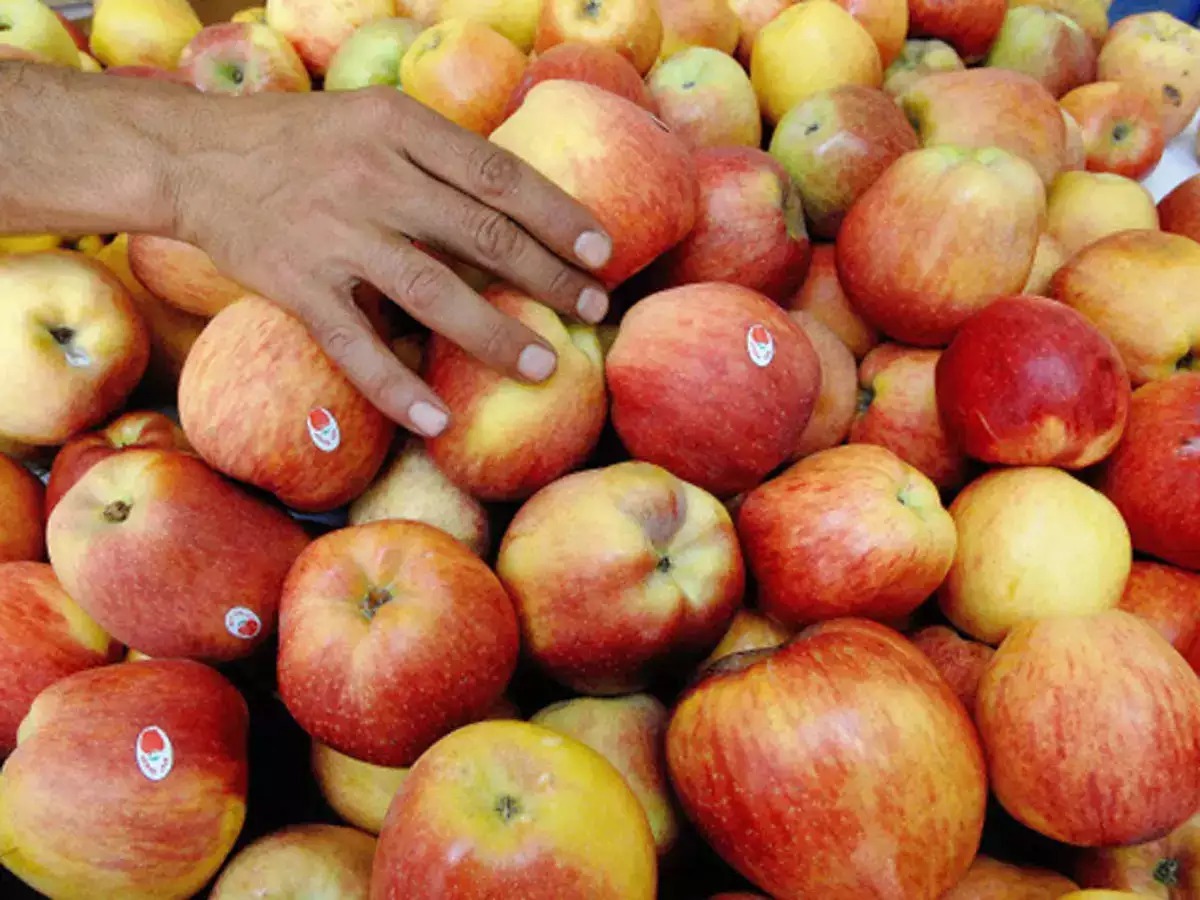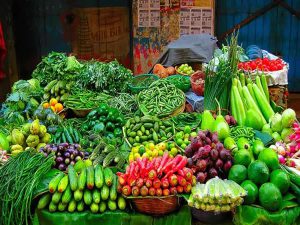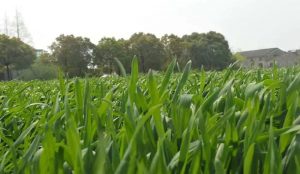Apple provides livelihood to around nine lakh households in India mainly from Kashmir, Himachal Pradesh, and Uttarakhand. J&K produces 77 percent of apple fruit across India followed by 19 percent from Himachal Pradesh and around 2.5 percent from Uttrakhand.
The All India Kisan Sabha held a national workshop of apple farmers in Kashmir resolving to form an Apple Farmers Federation of India mainly compromising the growers across three states of J&K, Himachal, and Uttarakhand, along with striving to form small cooperatives.
In the workshop, AIKS vowed to import the model of cooperatives of Kerala in this region to ensure that the small apple growers benefited and weren’t invisiblized by the corporates engaged in the apple trade. They have decided to submit a charter of demands to the Union Government and undertake struggles till the realization of the demands which include a declaration of a Rs 2500 crore package to enhance per hectare productivity of apples.
“We have decided to form an 11-member committee of apple growers from J&K, Himachal Pradesh, and Uttarakhand who will take up the day-to-day issues of the farmers on the ground,” said Hanan Mollah, general secretary of AIKS. The AIKS said that they are now focussing on issues crop-wise across the country and Apple remains the backbone of the economy in Kashmir Valley. “Out of the total Rs 14400 crore value of apple in the market, only Rs 4300 crore reaches to the actual grower, and more than Rs 10,000 crore is taken by the corporates, businessmen, and middlemen. This has to be changed and the formation of small cooperatives can help us to counter this,” said Mollah.
Former legislator and CPI(M) leader Muhammad Yousuf Tarigami, urged the AIKS members from Kerela to help build a ‘Kerala type’ model of cooperatives in the northern region of the country. “Collective cooperative farming will bring bargaining power and facilitate pooling of resources…such real-time experiments only can resist the present exploitation of large trade capitalists and their intermediaries. This will help in uniting the agrarian classes against corporate exploitation,” read the resolution of the farmer leaders.
Apple provides livelihood to around nine lakh households in India mainly from Kashmir, Himachal Pradesh, and Uttarakhand. J&K produces 77 percent of apple fruit across India followed by 19 percent from Himachal Pradesh and around 2.5 percent from Uttrakhand. The participants in the workshop stated that the Government of India had allowed the import of apples to facilitate corporate control over wholesale as well as retail markets.
“Corporates make huge profits through multi-national trade manipulations. For example, Afghanistan does not have even one lakh metric ton of Apple production, however, six lakh MT of Apple was imported by our country from Afghanistan in the recent period. Such trade manipulations by the corporations are allowed by the Union Government to crash the sales price for the farmers,” read the resolution.
These farmer leaders decided to reach out to all the apple farmers, spread across 20 districts across the country, within a stipulated time frame. They said this is the first step towards building a vibrant peasant movement based on the crop-specific issues in this sector as part of the peasant movement against the corporatization of agriculture.
“This government is worried about corporate giants like Adani but growers are suffering and nobody cares about them. Even pesticides are ruining our crops. I suggest that the government should establish a laboratory in every block to ensure the quality of pesticides,” said Tarigami.
Read more at-https://bit.ly/40eiccI




